Recycle Ready
Do Your Part to Meet Tightened Recycling Rules
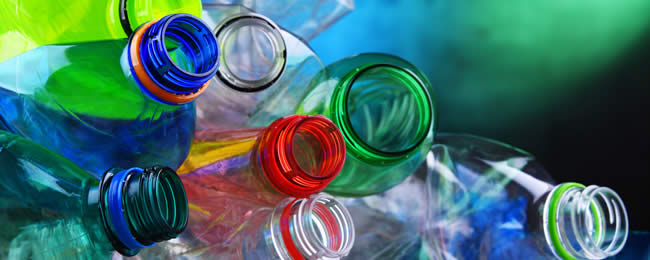
New Recycling Market Challenges
China, historically the largest recyclable scrap importer in the world, has made it clear that they want to improve their environment by increasing the recycling of domestic recyclable materials and restricting the importation of foreign recyclables. This has happened through a series of policies that are known collectively as “National Sword.”
In 2018, China imposed a number of restrictions on imported recyclables, banning some items and creating tougher contamination standards for what they do still accept. Imported recyclables may now only contain 0.5% of any type of contaminant. For example, food bits in a recyclable container such as a plastic salad bowl is considered a contaminant.
What have the GreenWaste family of companies done in response?
GreenWaste has always performed far better than industry standards in maintaining low contamination rates.
In reaction to ever heightening standards, the GreenWaste Materials Recovery Facility (MRF) has added staff to the sorting line and slowed down throughput. MRF workers are inspecting loads as they come in and drivers are scrutinizing material as they collect it. GreenWaste has installed millions of dollars in equipment and has significantly increased labor to ensure higher-than-industry diversion in these challenging times.
GreenWaste sells to both domestic and international markets. GreenWaste prioritizes locating domestic markets, but there is insufficient domestic processing capacity to manage all of the material that GreenWaste produces. GreenWaste continually seeks innovative markets and partners to remain on the forefront of recycling.
What Can You Do?
Palo Alto and GreenWaste of Palo Alto created this Recycle-Ready outreach campaign to reduce the level of contaminated recyclables being placed in the blue recycle containers. The campaign is encouraging people to pour out liquids, scrape out food, and wipe out oily or sticky residue. Food and liquids contaminate the paper. There is still no need to rinse out containers, as we want to continue to conserve water. The City is asking that chunks of food and liquids not be left in containers. This is not a new requirement, as food and liquids have always been discouraged in the blue containers. Here’s a video explaining how clean your recyclables need to be.
Watch Video

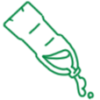
Pour Out Liquids – Empty all liquids before tossing in the blue recycle cart
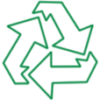
Only Recycles – Place only recyclable materials in the recycle container. (See “What Goes Where” for your area).
What Goes Where
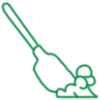
Scrape Out Food – Use spatulas or other utensils to remove sticky foods.
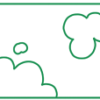
Compost Soiled Paper – Place greasy, grimy, wet, or gooey paper in your green cart
Learn More About Soiled Paper
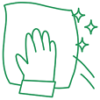
Wipe Out Residue – Wipe out oily or sticky residue from food containers.